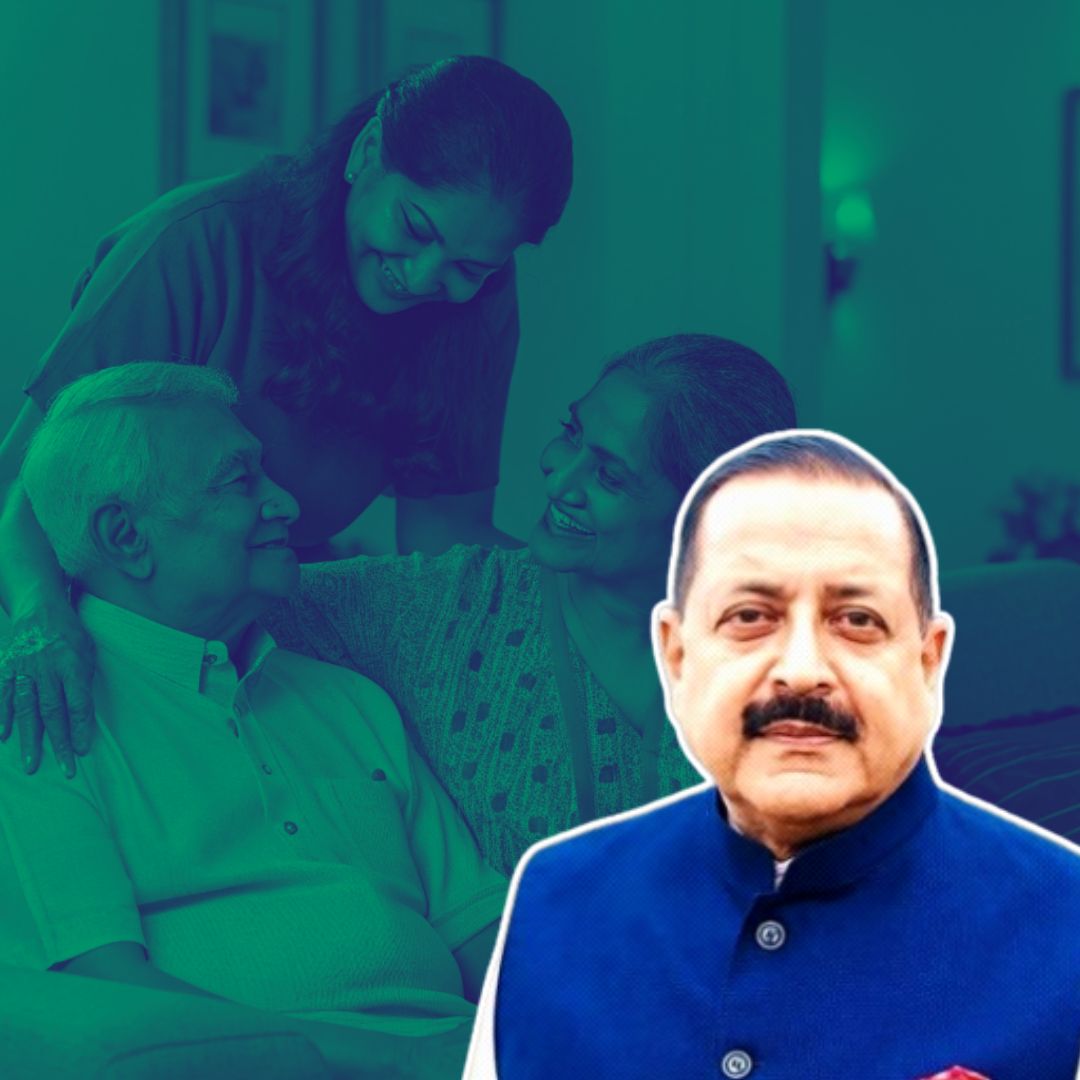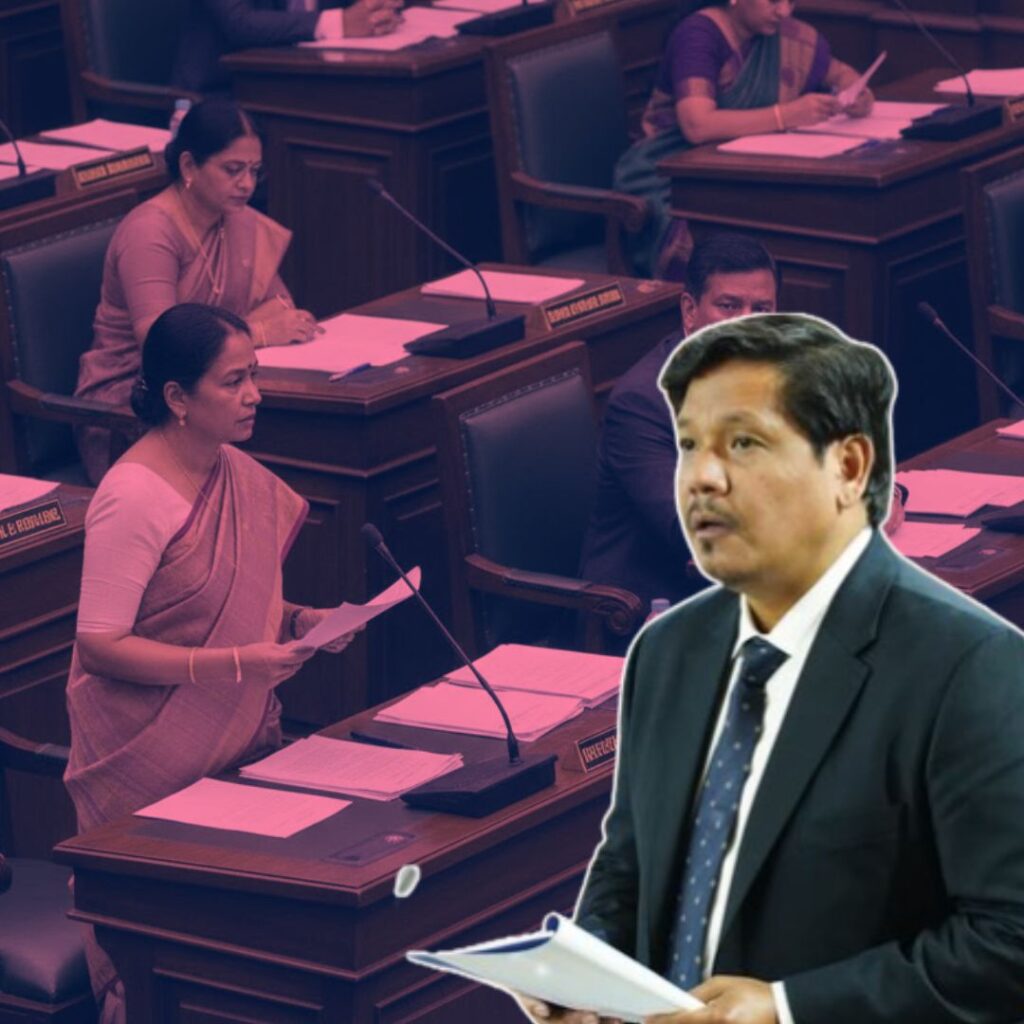Central government employees across India are eligible for up to 30 days of earned leave annually for personal reasons, including caring for elderly parents—a provision highlighted by Union Minister Jitendra Singh in the Rajya Sabha on 24 July 2025. These entitlements fall under the Central Civil Services (Leave) Rules, 1972, which structure the types and nature of leave available to government employees.
Recent clarifications from the Ministry underscore that while there is no separate category for elder care leave, all earned and casual leave allotments can be used flexibly for familial obligations, meeting the needs of employees striving to balance work and care responsibilities.
Government Reaffirms Commitment to Family-Centred Employee Wellbeing
Addressing queries in Parliament, Jitendra Singh, Minister of State for Personnel, Public Grievances and Pensions, reiterated the government’s position on employee leave. According to Singh, “The Central Civil Services (Leave) Rules, 1972 provides for 30 days of earned leave, 20 days of half pay leave, eight days of casual leave, and two days of restricted holiday per annum, apart from other eligible leaves to a Central government employee, which can be availed for any personal reasons, including that of taking care of elderly parents.”
This comprehensive clarification was in response to concerns expressed by employees about balancing workplace commitments with urgent and ongoing family care needs—particularly as India’s demographic landscape shifts to include a larger elderly population. Singh’s statement reassures government staff that the policy framework allows flexibility, enabling them to use earned leave not just for vacation but for vital familial support, including elder care.
Flexible Yet Inclusive: What the Leave Rules Mean on the Ground
While employees’ associations have advocated for a dedicated category of elder care leave, the government has stopped short of creating a new provision. Instead, existing entitlements—30 days earned leave, 20 days half-pay leave, 8 days casual leave, and 2 days restricted leave—can be utilised for a variety of personal scenarios, including elder care, childcare, and health emergencies.
Alongside these, special leaves such as maternity, paternity, child care leaves, and extraordinary (unpaid) leave are available, offering additional support. Official communication from the Department of Personnel & Training highlights that these rules apply to most central government employees, with exceptions for sectors like Railways and the All India Services, which have their own leave frameworks.
Notably, the focus on flexible application stems from the government’s recognition that India’s changing family structures and urban migration patterns often leave fewer caregivers for the elderly, thereby increasing the demand for compassionate leave policies.
Context: Responding to Modern Family Needs and Societal Change
These clarifications come at a time when discussions on work-life balance and caregiving are growing more prominent in Indian society. India’s population structure is rapidly ageing, with a projection that by 2050, nearly 20% of the population will be elderly. As nuclear families become common and more adults join the workforce—especially women—the burden of elder care is increasing.
Employees have voiced the need for supportive workplace policies that recognise these shifts. While the leave rules do not offer a special elder care provision, the flexibility to use earned leave for any critical personal reason addresses, in part, these contemporary realities. Human resources experts argue that such leave policies improve employee morale, reduce stress, and reflect empathy from employers.
The Logical Indian’s Perspective
The government’s approach to leave, by offering flexibility within existing entitlements, represents a step forward for compassionate and human-centred governance. While a dedicated elder care leave could have set a pioneering precedent, the reaffirmed policy ensures that employees don’t have to choose between their careers and their loved ones in times of need.
For India to foster a truly empathetic and inclusive workplace culture, it is crucial for both public and private sectors to consider the real-life circumstances of their workforce.












